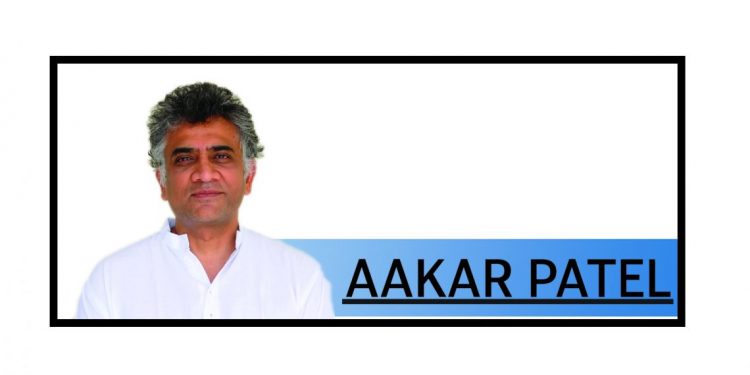‘If it ain’t broke, don’t fix it.’ The dictionary says this is a proverbial saying whose popularity is attributed to an official in former US president Jimmy Carter’s administration. It is ‘used to say that one should not try to change something that is working well.’ The Indian Penal Code is 150 years old. It has worked not only in India but also in the rest of South Asia. Though it calls itself an Islamic republic, almost all of post-1947 Pakistan’s laws have remained the same that the British had left behind and are common to the subcontinent, going back to the Penal Code written by Thomas Macaulay in the 1830s and enforced from 1862 onwards. Even in 2023, the Indian Penal Code and the Pakistan Penal Code remain almost identical. The changes that came in after 1947 are few on either side. The natives of Lahore know what the number 144 (Section 144 which criminalises assembling of people under certain circumstances) means in law just as well as those of Chennai.
The laws were familiar and they were functional. Everyone from the thanedar and the constable to the citizen knew them. For Pakistanis, just as for Indians, the law that deals with punishing murder is called 302 and the one for cheating is 420. These are numbers of the Indian Penal Code that have been used on the subcontinent even after independence in 1947. Why? Because the laws work. If there is a problem of courts clogged with cases it is not because the laws are flawed and the new laws will not change that (in fact the contrary, as we will see). If the issue is that colonial laws are unsuitable for a free nation and we need a more liberal order then also the Sanhita does not change that.
There was no demand in India that the laws be changed. We are not referring to tinkering, meaning removing and adding that which becomes necessary with changing times. We are referring to changes brought about from whole cloth. Taking down an edifice fully and dismantling it without reason. The question is of course: Why change something that is working? The answer to that we do not have and will not get. The scriptwriters of Bollywood will need to change their dialogues and get their screen judges and cops to memorise some new numbers but deeper problems are anticipated.
First that the new laws would likely increase litigation. Lawyer Sanjay Hegde has pointed out that after making bounced cheques a criminal offence, courts have been flooded with new litigation on this. Lawyer Colin Gonsalves has asked why the police were being given more arbitrary power over the citizen than even in the colonial period. Lawyer and Congressman Abhishek Manu Singhvi has asked why the non-existent (according to the government itself) phenomenon of ‘love jihad’ was being added to offences with a 10 year sentence. Yet others have pointed out that sedition, under a new name, remains under the penal code.
The simplest way of understanding masterstrokes is to accept they are masterstrokes and not question their necessity or wisdom.
Former Army Chief MM Naravane has written his memoirs and if they are allowed to be published they contain the revelation that the Agniveer scheme was a ‘bolt from the blue.’ Something modest by way of a short service commission that the Army had proposed was first inverted. Instead of retaining three-fourths of the inductees, only one-fourth would be and the rest out to pasture, retired at ages as young as 22. The plan was extended to the Navy and Air Force, which had no inclination toward or need for this ‘reform.’
Meaning it was a top-down and unexpected stroke of genius from the Prime Minister (since nobody else counts). This has changed the face of an Army that has been functioning competently since the 18th century meaning for over 200 years. Why agitate and disturb something that works?
That question could also be asked of the brilliant decision to abolish currency. Who was asking for Rs1000 and Rs500 notes to be banned? Not the Reserve Bank of India, which resisted and warned, correctly as it turned out, that this was a dumb move that would damage the economy. Not the economists and not the business community and certainly not the citizens. It came because of whim. The same mentality is at work with the new criminal laws.
They will not only require the judiciary, the police, the lawyers and the public to know new laws but it will also endanger settled jurisprudence on the old laws and open up all sorts of minor and major problems that currently do not exist. Precedents, the basis of Common Law, which we follow, will come undone. Whose then was asking for change? Not the judges or police or lawyers or citizens.
Lawyer Sanjay Hegde has warned that once introduced, our new Sanhita will be even more disruptive than demonetisation.
One hopes that this is not the case and hopes also, despite the evidence of the last decade, that adequate thought and preparation have gone into this introduction of change where none was really required. And for those who remain puzzled and still ask the question: Why are we doing this? The answer appears to lie in a mindset that believes ‘it ain’t broke then break it.’
By Aakar Patel






































